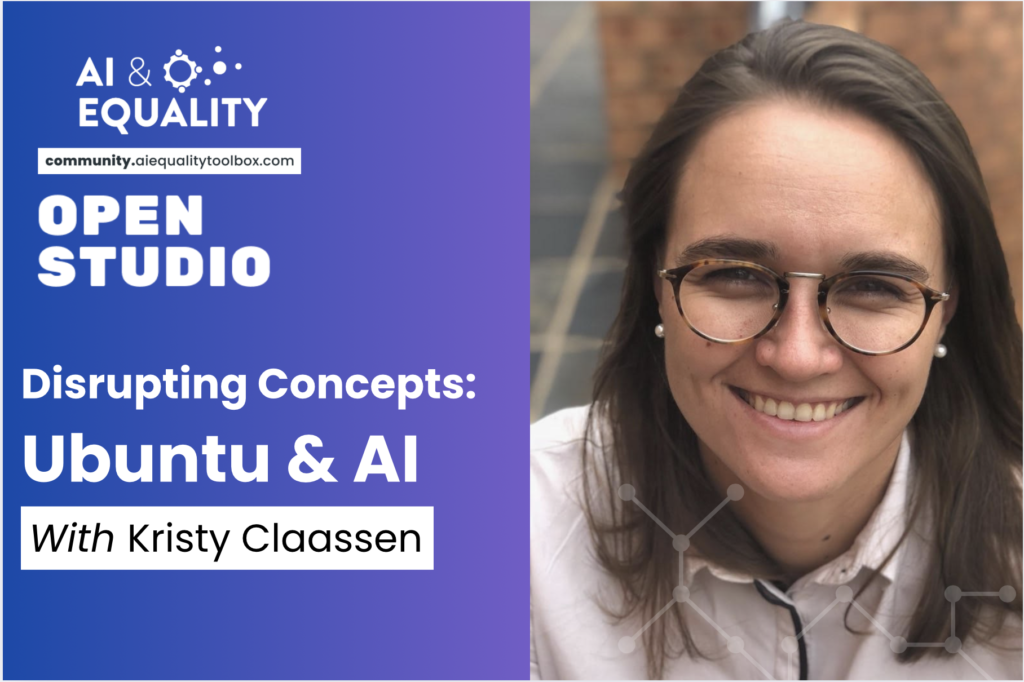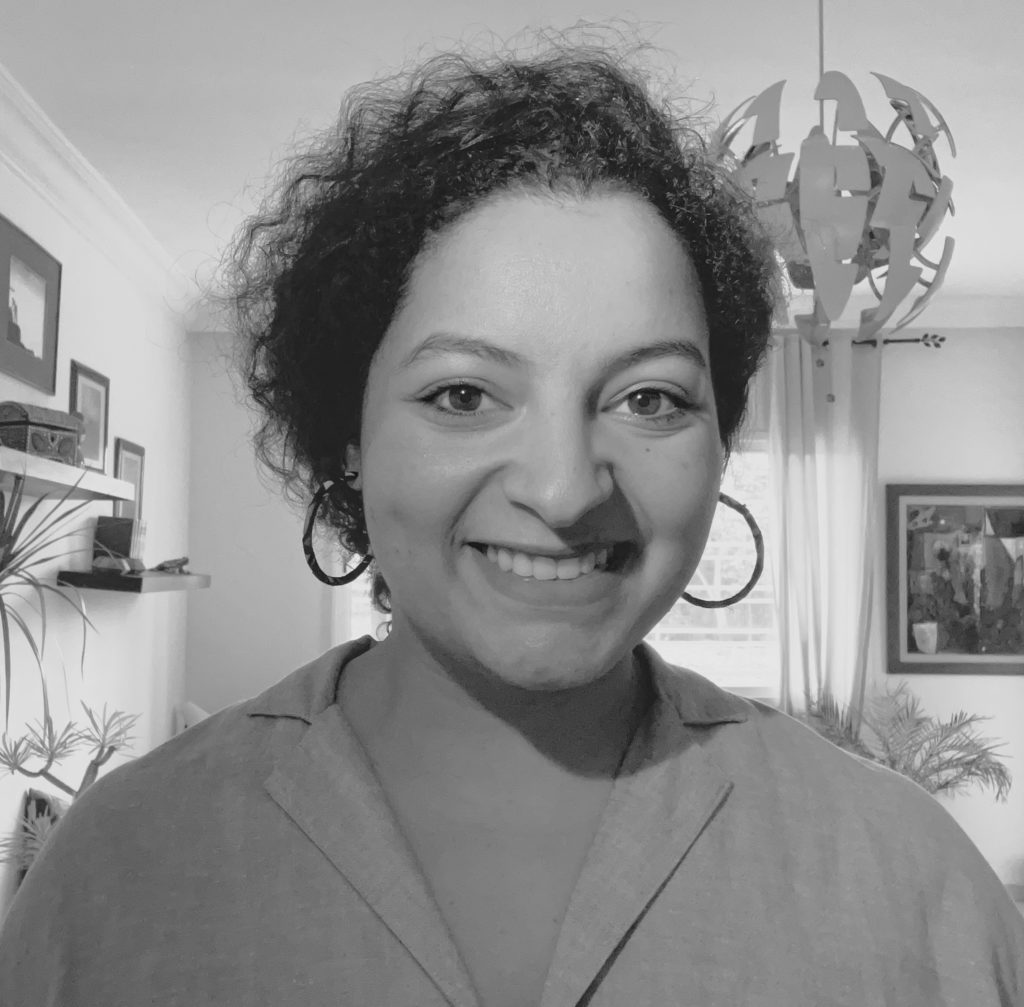In a thought-provoking talk, Kristy Claassen, a PhD researcher at the University of Twente, challenged us to reconsider how we think about ethics in artificial intelligence (AI). Her work centers on Ubuntu—an African ethical philosophy rooted in relationality—and how it can guide us in developing more just and inclusive AI systems. But rather than simply proposing Ubuntu as an “add-on” to existing Western frameworks, Kristy made a bold case for conceptual disruption—rethinking the very terms and values that dominate AI ethics today.
Ubuntu, often encapsulated by the phrase “I am because we are,” is a living philosophy practiced in many Southern African communities. It emphasizes interconnectedness—not only between individuals, but also across generations and with the natural world. Kristy traced the intellectual arc of Ubuntu, from its ontological foundations and ethical formulations (particularly through the work of Thaddeus Metz), to the current critical and applied phase where the question is: how do we implement Ubuntu in contemporary socio-technical systems?
Through fieldwork with South African communities where Ubuntu is actively practiced, Kristy uncovered important divergences between Ubuntu-informed perspectives and the dominant values in global AI ethics. Whereas international frameworks often center transparency, autonomy, and fairness, the participants in her study emphasized data security, dignity, and care. Particularly striking was the gendered aspect of these concerns—women consistently highlighted responsibility and community well-being in ways that suggest the need for ethical frameworks that are not only cross-cultural, but also sensitive to intra-cultural difference.
Kristy argued that it’s not enough to expand the list of values we consider when designing AI. We have to ask deeper questions: What do we mean by privacy? By responsibility? By dignity? These concepts don’t have universal definitions—they’re shaped by history, culture, and power. Technologies don’t just reflect ethical values—they co-construct and transform them. That means ethics itself must remain dynamic and reflexive.
Kristy’s framing pushes us beyond the idea of inclusion as translation or assimilation. Incorporating Ubuntu into AI ethics isn’t about converting Ubuntu values into Western ones—it’s about allowing Ubuntu to shift the ground we stand on. That might mean questioning the primacy of individual autonomy, or reimagining accountability as something held within relationships rather than institutions.
What emerges from Kristy Claassen’s talk is both a warning and an invitation. The warning: global AI ethics risks reproducing colonial patterns if it treats non-Western philosophies as secondary or supplementary. The invitation: to see conceptual disruption not as chaos, but as creativity—a way to build ethical systems that are truly responsive to the plural, complex world we live in.
In a time when AI is reshaping our societies at every level, Kristy’s work reminds us that ethical clarity will not come from settling on fixed definitions—but from embracing the evolving, contested terrain of what it means to live well together.
About Kristy Claassen:
Kristy Claassen holds degrees in Journalism, Philosophy and Theology and earned an MSc in Philosophy, Technology, and Society (University of Twente). Now pursuing a PhD at Twente, she explores Ubuntu, moral change, and AI within the Ethics of Socially Disruptive Technologies consortium, focusing on how disruptive technologies shape African conceptions of the human condition.


